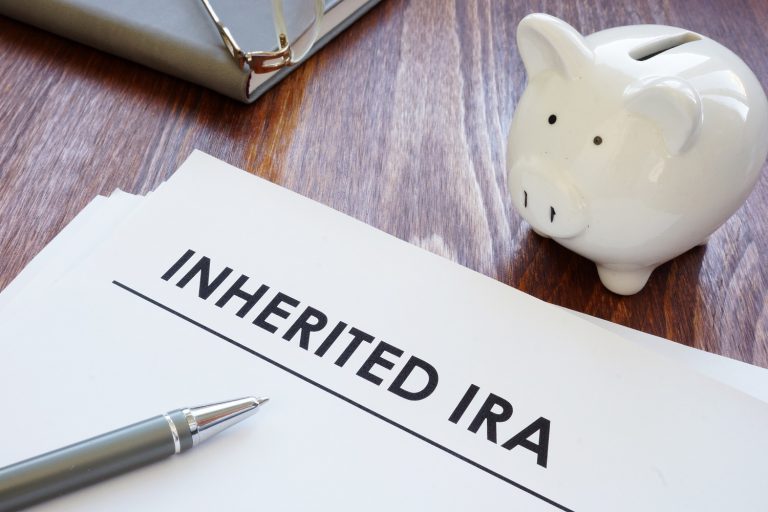Inherited Accounts Under the CARES Act
Apr 29, 2020

Tucked into the gigantic “Coronavirus Aid, Relief, and Economic Security” (“CARES”) Act were two key changes you should know about, regarding required minimum distributions (RMDs). Both were designed to give people more control over their money and to help manage selling investments during an emergency.1
One provision allows retirees to forego taking RMDs from Individual Retirement Accounts (IRA) or 401(k)-style plans this year.
The other provision allows people who have inherited 401(k)s, IRAs or Roth IRAs to suspend distributions in 2020 (while RMDs don’t apply to people with Roth IRAs, they do apply to investors who inherit Roth accounts).
Let’s take a look at a couple of examples.
- Let’s say an account holder has been taking RMDs from an inherited account for a number of years using the life-expectancy method set by the Internal Revenue Service. The account holder can forgo a distribution in 2020, and resume distributions in 2021.
- Suppose an account owner passed away on January 1, 2020, and left the IRA to an adult child. The new 10-year rule would start in 2021. The beneficiary would have until the end of the 10th year to withdraw the entire account.2
Important Note: If you have already taken a distribution from an IRA or 401(k)-style plan this year, you may be able to roll the funds back into the plan. But if you have already taken a distribution from an inherited IRA, you may not be allowed to put that money back. Keep in mind, the CARES Act is a 335-page bill, and some of the provisions are open to interpretation. Please contact your tax or legal professional to understand how it might impact your situation.
Big picture, these rule changes are meant to help Americans who may be struggling with the economic, emotional, or physical toll of COVID-19. In a tough time, these provisions of the CARES Act gives account owners some flexibility that may provide some relief. As always, please reach out if you have questions, we would welcome the opportunity to serve you.
Tags: financial advisor, Investing, retirement, Retirement Planning
More Insights
You’re beginning to accumulate substantial wealth, but you worry about protecting it from future potential creditors. Whether your concern is for your personal assets or your business, various tools exist to keep your property safe from tax collectors, accident victims, health-care providers, credit card issuers, business creditors, and creditors of others. To insulate your property … Continue reading “Estate Planning – Protecting Your Assets”
You know how important it is to plan for your retirement, but where do you begin? One of your first steps should be to estimate how much income you’ll need to fund your retirement. That’s not as easy as it sounds, because retirement planning is not an exact science. Your specific needs depend on your … Continue reading “Estimating Your Retirement Income Needs”
As June begins, markets continue to navigate a complex landscape shaped by trade policy shifts, an uncertain economic and earnings outlook, and bond market headwinds. Several key developments in recent weeks may have implications for markets:
April showers came a month early as stocks fell in March. Tariffs were the primary cause of the market jitters, although that uncertainty became too much for markets to shrug off once economic data started to weaken.
A successful investor maximizes gain and minimizes loss. Though there can be no guarantee that any investment strategy will be successful and all investing involves risk, including the possible loss of principal, here are six basic principles that may help you invest more successfully.
Services
Epic Capital provides the following comprehensive financial planning and investment management services: Learn More >


 Top of Page
Top of Page











